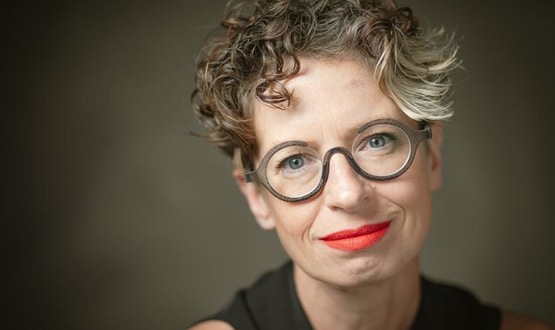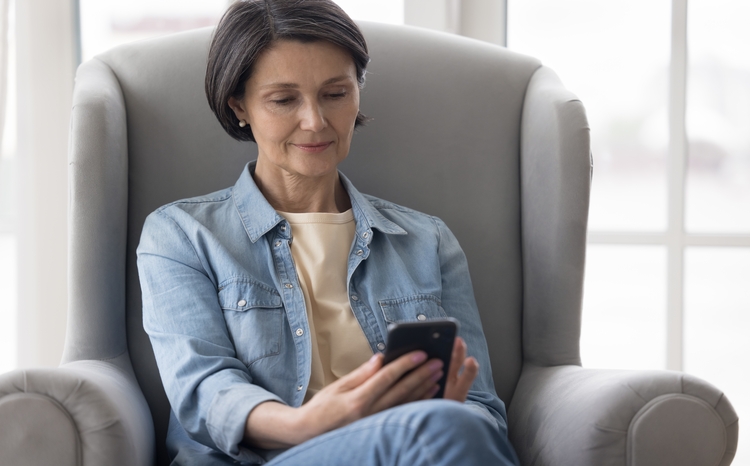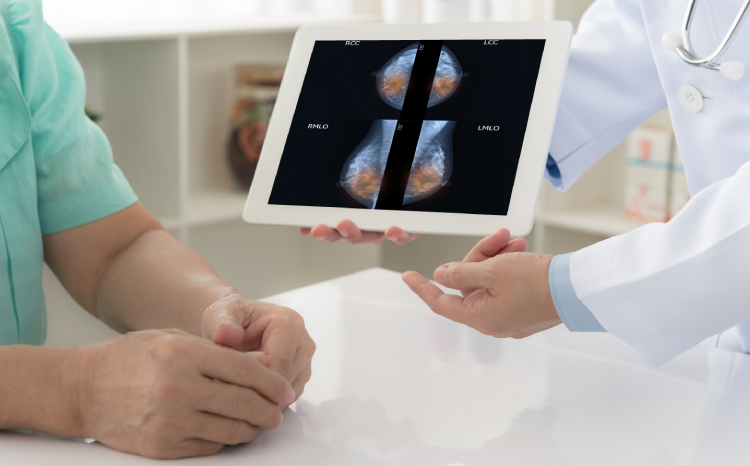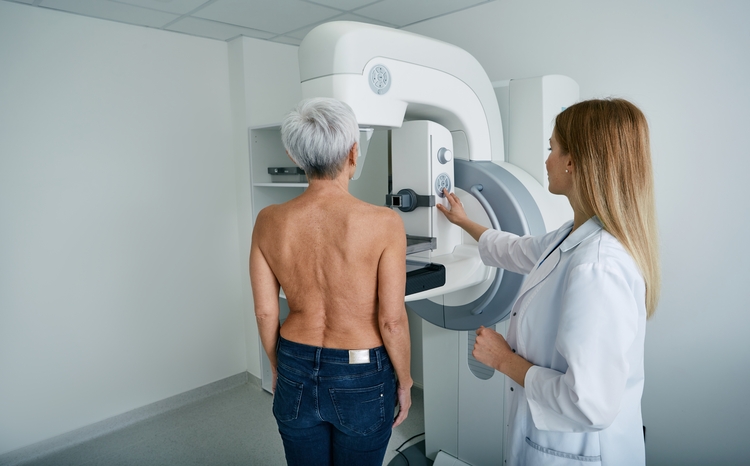‘Empowered patients here to stay’ – Liz O’Riordan on the patient journey

“The empowered patient is here to stay” and the health system needs to adapt to allow for those who are more engaged with their own care, a patient advocate has said.
Liz O’Riordan, consultant breast surgeon and breast cancer survivor, knows first-hand what it’s like to be diagnosed with an illness and be left navigating the sea of information available to patients.
O’Riordan, who is a keynote speaker at the upcoming Virtual Digital Health Summer School, was diagnosed with stage three breast cancer in July 2015 at the age of 40. Within two weeks of her diagnosis she had started chemotherapy. Over her nine months of treatment she also had surgery and radiotherapy.
As a now retired consultant breast surgeon herself, it would be easy to assume her career had better prepared her for being a patient, but the reality is it did not.
It was only through her own journey as a patient that O’Riordan began to realise how much information was available to patients, and the importance of them having control over their own medical data and health journey.
“Despite training all my life to become a breast surgeon I knew nothing of what it was like to be a patient,” she told Digital Health News.
“I used to tell people ‘Don’t Google, it’s scary, I will tell you what you need to know’.
“And it’s rubbish because the first thing I did in the car as a consultant breast surgeon [after her diagnosis] was go to Google.
“You don’t go to NHS 111, you don’t go to your doctor’s website, you go to the internet to really find out what it’s like.”
O’Riordan’s experience led her to starting her own blog and co-authoring ‘The Complete Guide to Breast Cancer: How to Feel Empowered and Take Control’. She told Digital Health News the internet had “exploded” the amount of information now available to patients, but that there was no way of controlling what information patients access.
“When you have a chronic illness you’re really invested in your disease, you know everything about it, you want that information,” she said.
“I think that’s why we need to educate patients… if you are worried here is a list of safe websites to go to get simple answers.
“The empowered patient is here to stay, and the doctor-patient relationship is going to change because of that.
“And we need to help every patient get access to digital health and digital literacy, and we need to learn ourselves what our patients need so we can help them better.”
Ownership of data
O’Riordan, whose husband is a CCIO and member of the Digital Health Network CCIO Advisory Panel, said access to information had resulted in patients being more engaged in their health journey and wanting access to their own data.
“It’s about ownership of data. When I had an MRI scan you have to wait three weeks to get a result and the result just tells you it’s normal, but you don’t get a full copy because doctors think you might not understand, or you don’t need to know,” she said.
“But I’m the one that’s had to spend 40 minutes laying face down listening to Justin Bieber and I want to be able to have a chance to read the full results.
“It’s like going to the bank and saying, ‘How much money is in my account’ and hearing ‘Oh you’re in credit’… yeah but how much? We wouldn’t put up with it, but with our body we’re not allowed to know.”
Involving patients in their own health journey also results in better digital health tools. O’Riordan stressed that investment in IT and digital health tools would be “useless” if patients weren’t considered in the design.
“Unless you have patients involved from the very beginning, you might make an amazing product but its actually useless,” she added.
“Patients know what they need and if you haven’t had that illness then you might end up going down the wrong route.
“You have no idea what it’s like to be a patient until you’ve walked in their shoes. Every once in a while, listen to someone… just realise the gap between what you tell patients and what they really need.”
Liz O’Riordan recently took part in an episode of Digital Health Unplugged looking at the importance of including patients in the digital journey. The episode will be published on July 27.
She’s also a keynote speaker at Virtual Digital Health Summer School 2021, taking place on July 15 and 16.
The full programme is available here. There’s still time to register to attend the event, you can do so here.





2 Comments
I agree totally that medical profession is frightened of patient power via medical records ?.
An incredibly powerful testimony for the importance of building care around an individual, not fitting the person into care pathways.
Comments are closed.